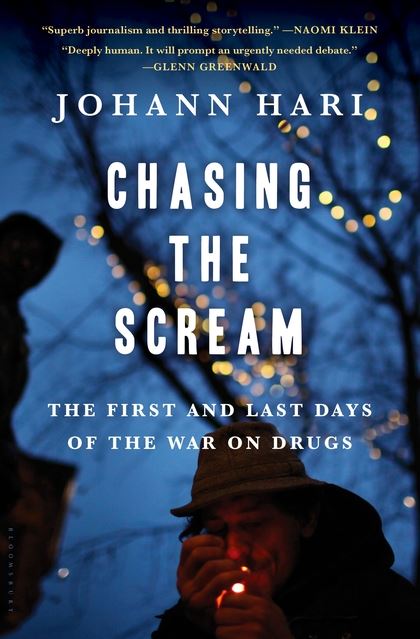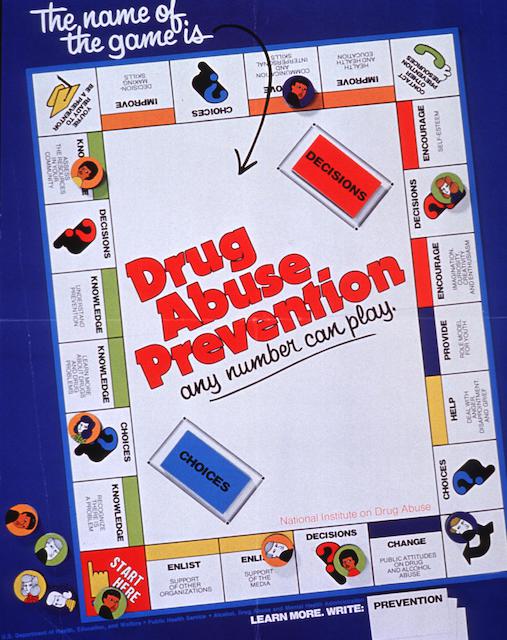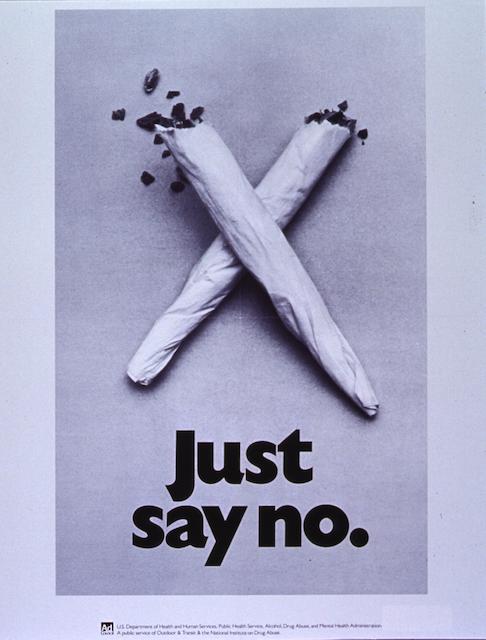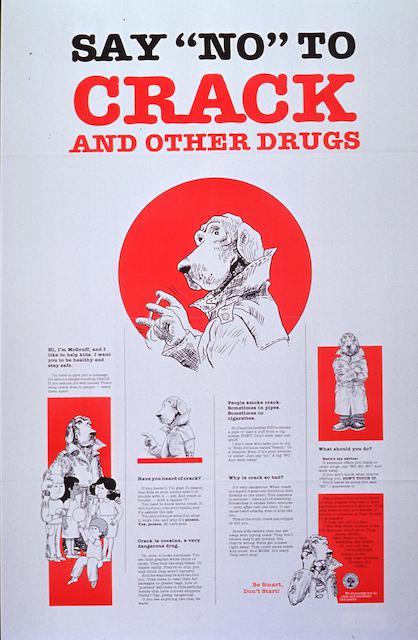Book Review - Chasing The Scream: The First And Last Days Of The War On Drugs
Johann Hari Challenges A Devastating 100-Year Experiment




Latest Article|September 3, 2020|Free
::Making Grown Men Cry Since 1992





